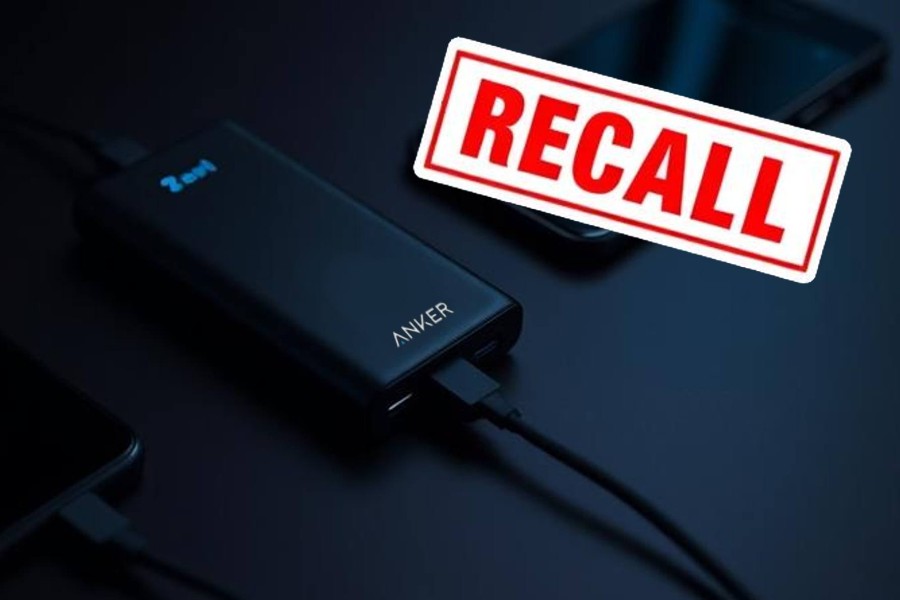Posted: Tuesday, July 1, 2025
Anker Power Bank Recall: It started with a spark—literally
What the well-known equipment manufacturer did following the incidents

Anker recalled more than a million PowerCore 10,000 power banks in response to 19 reports of the devices exploding or catching fire.
It started with a spark—literally. In early June 2025, Anker, a well-known manufacturer of portable charging equipment, announced a recall for over a million PowerCore 10000 power banks (model A1263) after 19 incidents of the devices catching fire or exploding appeared. The lithium-ion batteries inside were found to be prone to overheating, posing serious fire and burn hazards. For a brand built on reliability and safety, this was a jolt to its reputation.
Nevertheless, the story went on. In a matter of weeks, Anker expanded the recall to include five more models: A1257, A1647, A1652, A1681, and A1689. Among these were popular models like the MagGo and Zolo power banks, which had quietly become indispensable in backpacks and carry-on bags all around the world. The problem lies with defective battery cells sourced from a third-party supplier, which may overheat, catch fire, or even melt in specific circumstances.
Anker's answer was quick and remarkably open. A free replacement or a gift card for use on the company's website were the options provided to impacted customers. Additionally, it launched a specific recall portal with comprehensive disposal instructions and tools for verifying serial numbers. Before getting a replacement, customers were required to mark their devices as "recalled" and provide photographic evidence.
Behind the scenes, Anker quietly severed ties with the battery supplier responsible for the faulty cells and began implementing stricter quality control procedures. The company emphasized that the risk of malfunction was minimal, but the decision to recall was made “out of an abundance of caution.” Still, the damage control effort was as much about preserving trust as it was about safety.
The recall also reignited broader concerns about lithium-ion battery safety. Airlines had already begun tightening rules around portable chargers, and Anker’s high-profile stumble added fuel to the fire—figuratively and, in some cases, literally. Regulators and consumers alike began scrutinizing not just Anker, but the entire portable power industry.
For Anker, the recall was a sobering reminder that even the most trusted tech brands are only as strong as their supply chains. But it was also a chance to demonstrate accountability. In a market where brand loyalty is often charged by convenience and reliability, how Anker handles the aftermath may determine whether customers plug back in—or unplug for good.